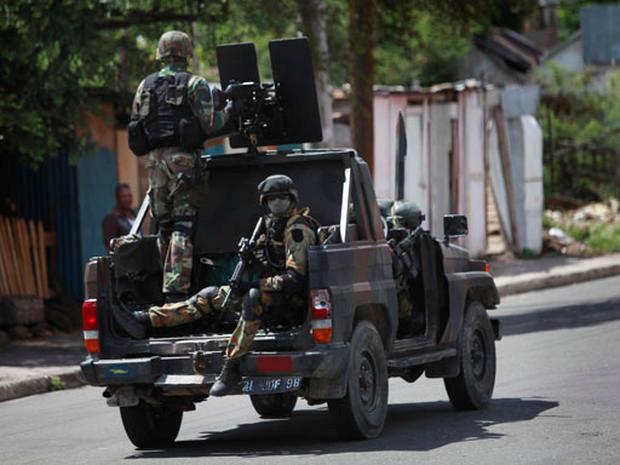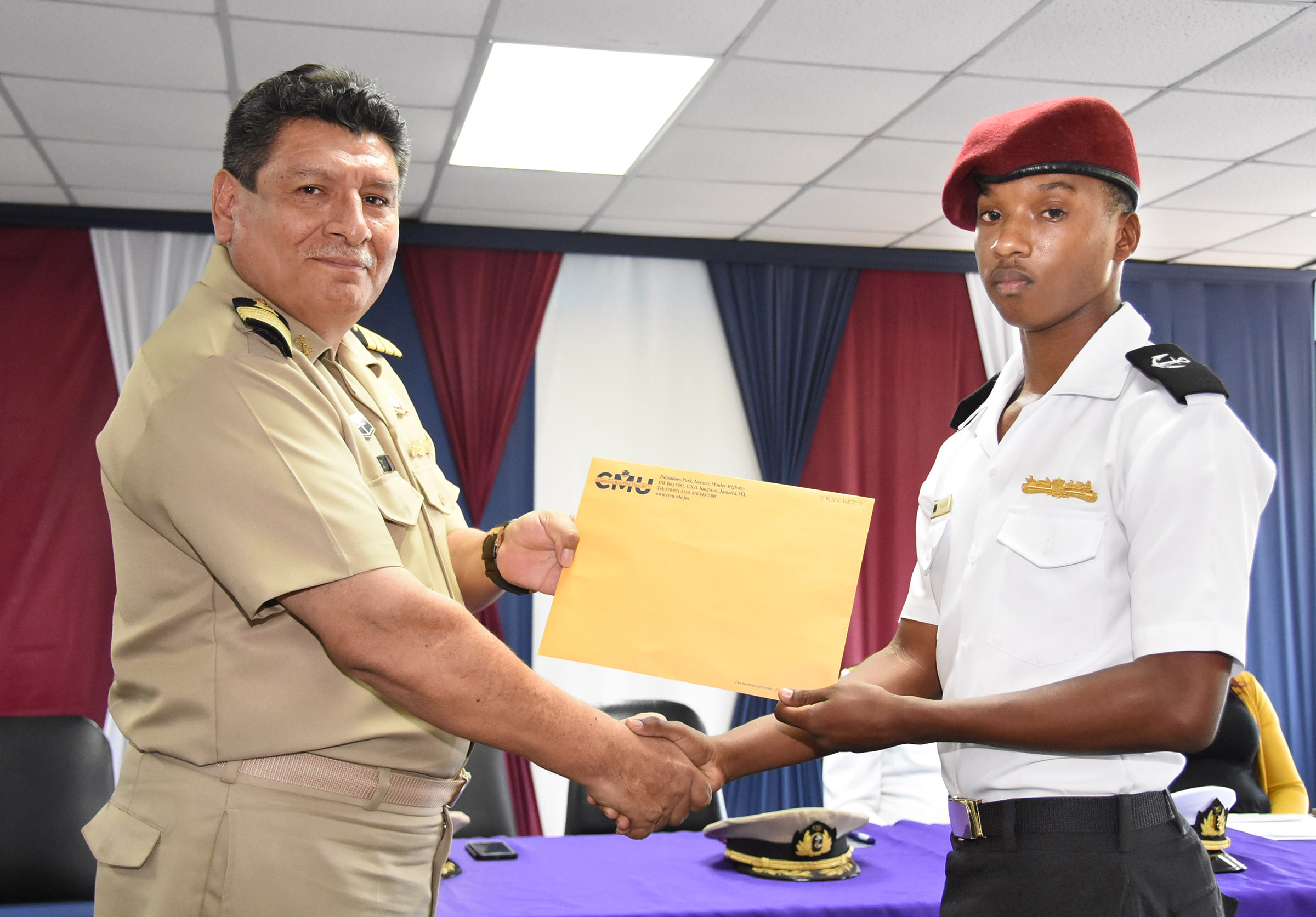
9/11 represents the deadliest and worst terrorist act in the history of the United States of America. The attack occurred on September 11, 2001 and resulted in the destruction of the North and South Towers of the World Trade Centre. The coordinated attack resulted in a death toll of two thousand nine hundred and sixty-six (2966) and injured over six thousand (6000) persons.
Jamaica has never encountered a terrorist attack of this nature, however, statistics reveal that Jamaica averages over one thousand two hundred (1200) murders per annum in the last fifteen (15) years. In 2017, the murder rate reached the figure of one thousand six hundred and sixteen (1616) which represents a twenty percent (20%) increase in murders over 2016, this according to the Jamaica Constabulary Force. The most murderous parishes of Jamaica were identified as St. James, followed by Clarendon and St. Andrew. By comparison, criminals killed close to half the 9/11 terrorist casualty in Jamaica each year.
Professor Anthony Clayton, in his pre-amble to the National Security Strategy for Jamaica 2013, notes that on a per capita basis, Jamaican criminals inflict the equivalent of one 9/11 attack on our citizens every week and this has been ongoing for decades. The 9/11 attack on the USA happened on one day, however, Jamaica’s murderous trend is perpetual.
Since 911, which was 17 years ago, the USA has been under a state of emergency which has been renewed by three presidents; President George W. Bush, President Barrack Obama and President Donald Trump. In response to the 9/11 terrorist attack, the United States Government has waged war on terrorism abroad, detained hundreds of enemy combatants in Guantanamo Bay and made arrests of seven hundred and sixty-two (762) persons of interest on September 12, 2001. Additionally, the Government has passed the Patriot Act and created the Department of Homeland Security by law in 2002: which represents the largest restructuring of US Government in recent history. They have implemented contingency planning for the evacuation of leaders and the continuation of Government, reviewed the internal structure of the Central Intelligence Agency (CIA) and radically improved aviation security, more specifically, the Civilian Aircraft Grounding policy.
In contrast, Jamaica has done little to combat gangs and organized crime. To counter the rise in the country’s murder rate, a limited State of Emergency was implemented by the government which affected only two police divisions. One objective of the limited State of Emergency is to effect sustainable strategies to fight gangs and establish security and stability. Strategies to be considered include building community resilience, building out security force capacity in numbers and capabilities, upgrading the public security infrastructure such as roads, close circuit television systems and artificial intelligence platforms, expanding and modernizing the justice system to deal swiftly with criminal trials. It also includes revising outdated laws to give the Security Forces authority to better investigate, arrest and bring violent criminals to justice and giving citizens in crime plagued communities a sense that the Government is committed to policies and strategies which assures their long-term safety and security.
Anecdotally, the current State of Emergency is highly appreciated by all well thinking Jamaicans and especially citizens in the affected communities. The Government should stand resolute against detractors that might seem to desire an early end to the State of Emergency. The State of Emergency should be imposed over the entire country for as long as is necessary to contain criminal violence, establish sustainable public security and restructure the entire criminal justice system to deal effectively with current and future threats posed by criminals.
The State of Emergency should therefore, not be viewed as a quick fix to Jamaica’s decades-old crime problem, nor should it become the subject of political opportunism. In contrast, it should be mirrored as one of the antidotes to curve the ‘monster called crime’. Based on the murder problems that have affected this country over many years, we need to ask ourselves this very important question, “State of Emergency or murders?”
Author: Owen Ellington, C.D., J.P., MSc., BSc. Hons., Commissioner of Police (Retired)
Executive Director Centre for Security Counter Terrorism and Non- Proliferation (CSCTN) Caribbean Maritime University
September 2, 2018



